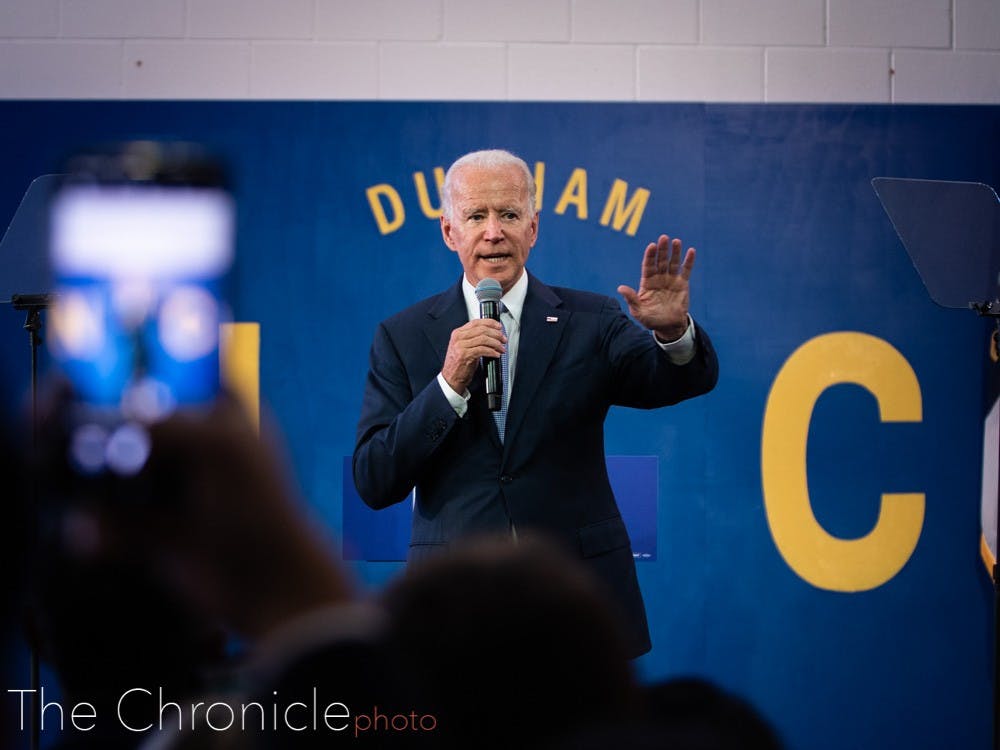President Joseph Biden announced last month that the federal government would cancel up to $20,000 in federal student loan debt for those who qualify. But while the forgiven debt is exempt from federal tax, North Carolina’s Department of Revenue has clarified that the forgiven debt is still “considered taxable income” by the state.
Biden’s plan will forgive up to $10,000 in debt for those who did not attend college on a Pell grant and $20,000 for those who were Pell grant recipients. Forgiveness only applies to individuals earning less than $125,000 a year, or $250,000 for married couples or households. The plan will also extend the pause on student loan payments through Dec. 31 and will allow borrowers to cap repayment for undergraduate loans at 5% of their monthly income.
North Carolina is one of 13 states where debt forgiveness may be considered taxable income. However, some states, such as New York and Hawaii, have already announced changes to their laws to exempt the debt forgiveness from state taxes.
30% of Duke students take out student loans and graduate with an average student debt of $24,219. The median federal loan debt at graduation for Duke students is $13,500, and 12% of students received a Pell Grant.
Student loan forgiveness is currently exempt from federal income tax due to Section 108(f)(5) of the Internal Revenue Code, a provision adopted by Congress as part of the American Rescue Plan Act.
“The North Carolina General Assembly did not adopt Section 108(f)(5) of the IRC for purposes of the state income tax,” a release from the state’s department of revenue read. “The Department of Revenue is monitoring any further enactments by the General Assembly that could change the taxability of student loan forgiveness in North Carolina.”
The state’s General Assembly has the opportunity to enact changes that could exempt student loan forgiveness from state income taxes. However, if the General Assembly does not act, student loan forgiveness will remain taxable.
Currently, the General Assembly has monthly non-voting sessions scheduled through December, with a new legislative session set to start in January 2023 following elections in November 2022.
Get The Chronicle straight to your inbox
Sign up for our weekly newsletter. Cancel at any time.

Jazper Lu is a Trinity senior and centennial/elections editor for The Chronicle's 120th volume. He was previously managing editor for Volume 119.

